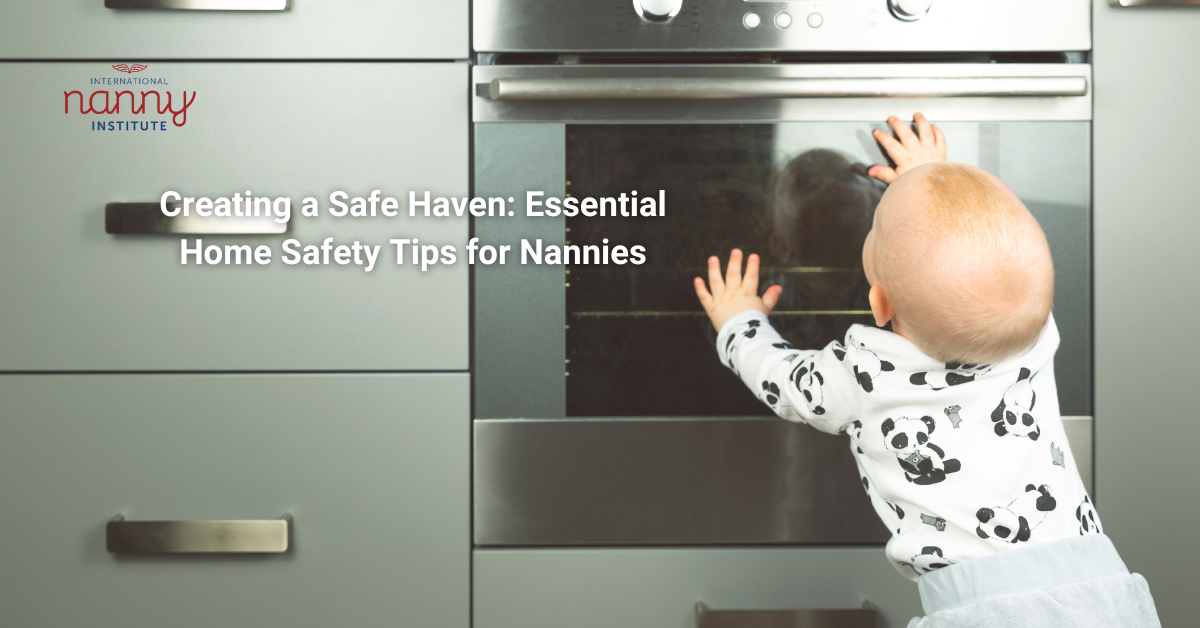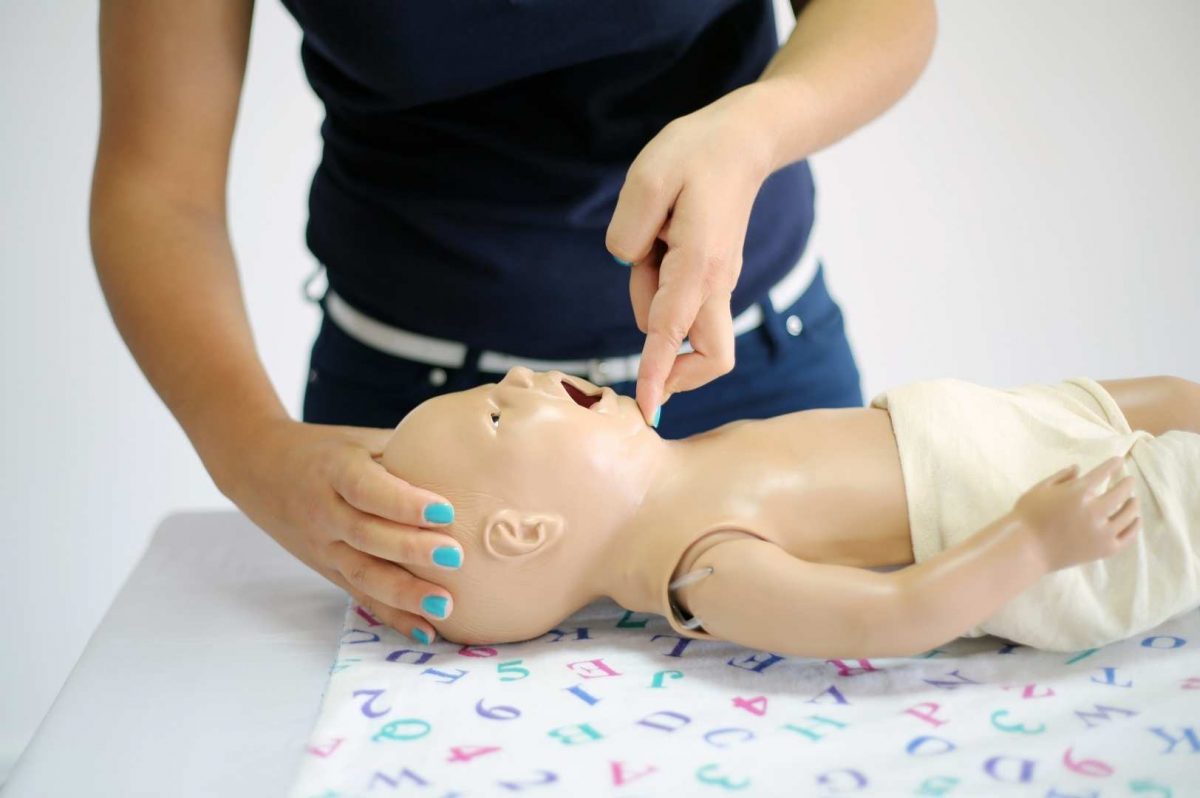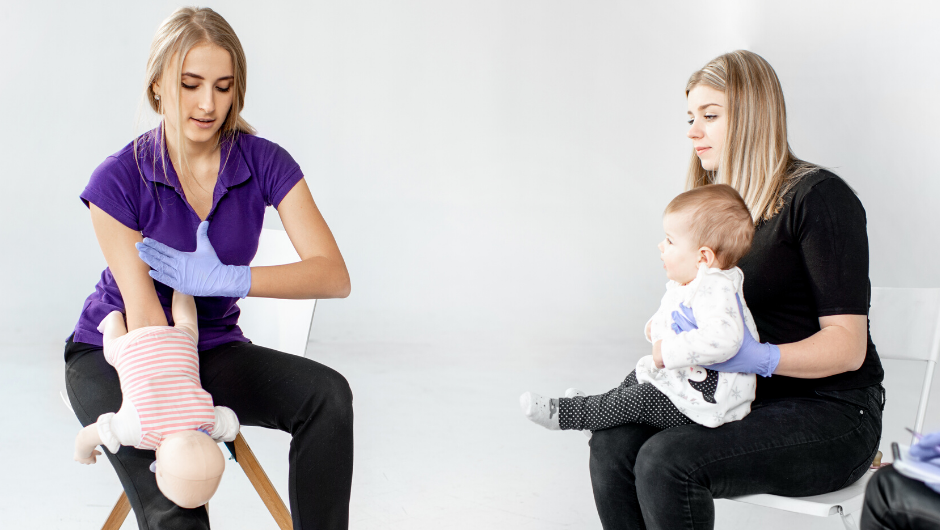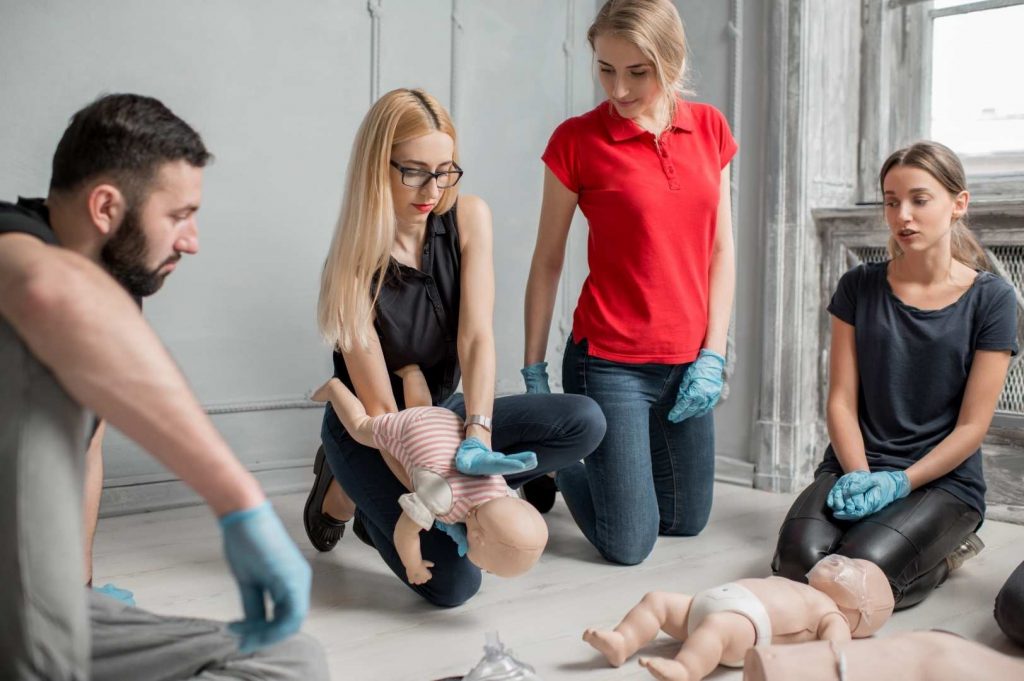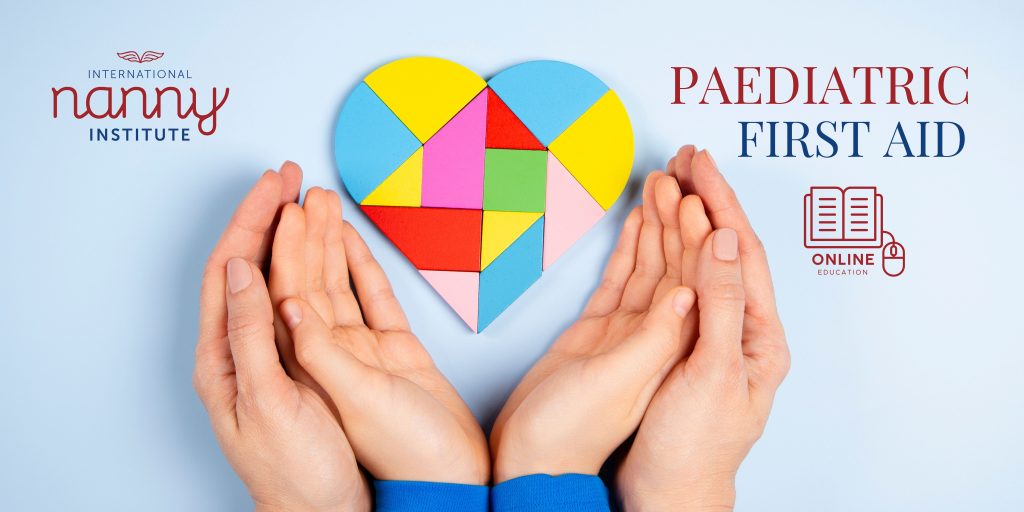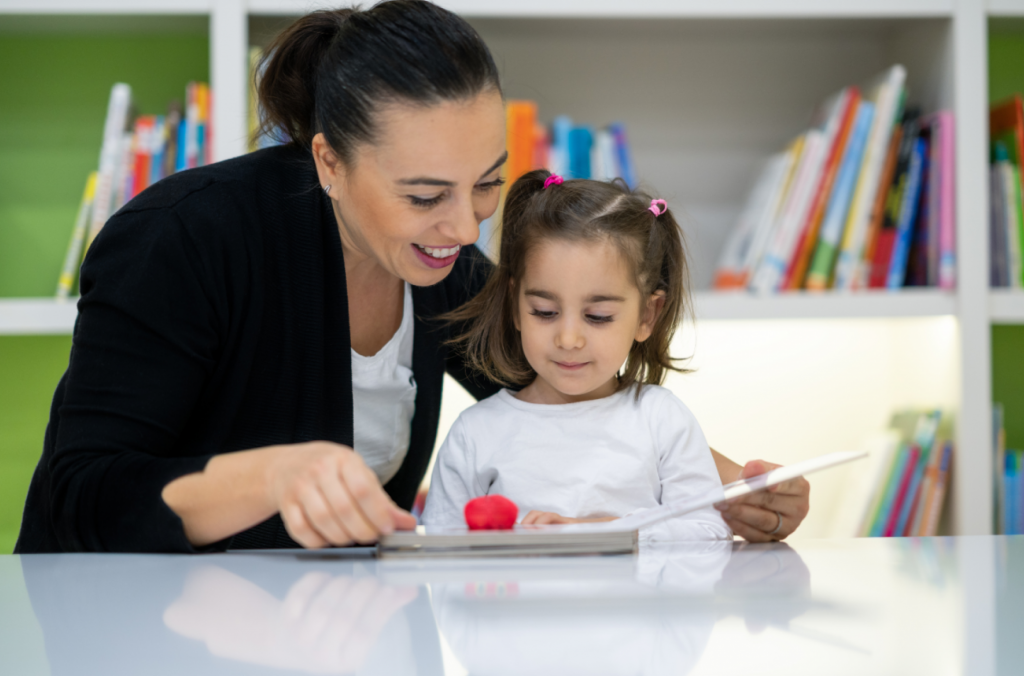As a nanny, the safety and well-being of the children in your care is your top priority. Creating a safe environment within the home is crucial to ensure that young ones can explore, learn, and grow without unnecessary risks. In this blog, we will explore essential home safety tips specifically tailored for nannies. By implementing these strategies, you can provide a secure haven for the children entrusted to your care and help parents feel more secure about leaving their little ones throughout the day.
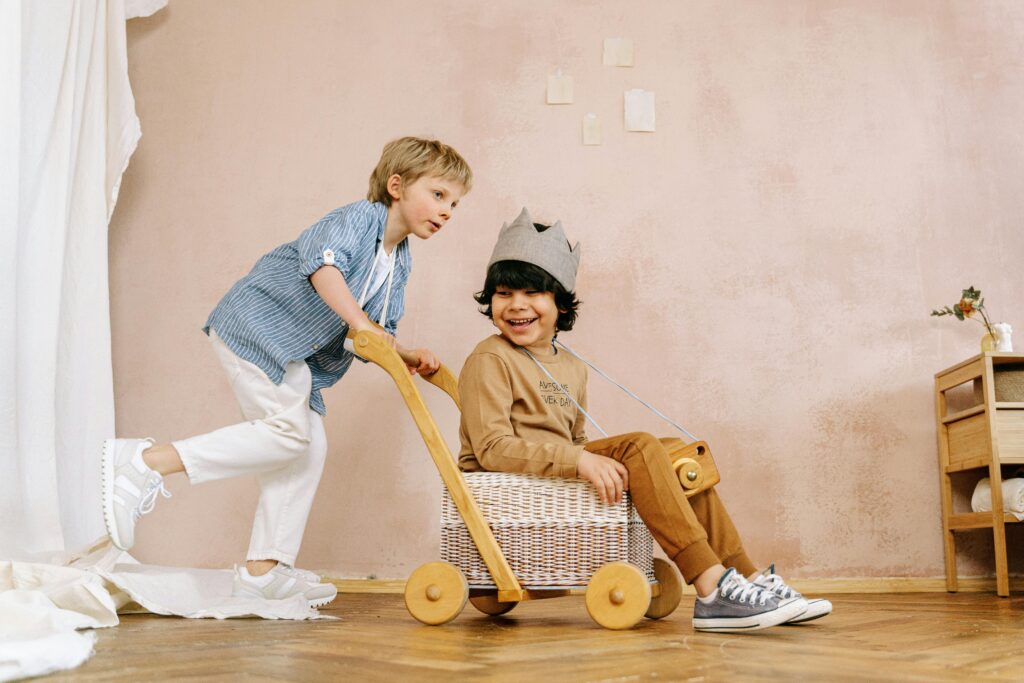
Kitchen Safety: Handling Potential Dangers
The kitchen can be a hazardous area, especially for curious little ones. Keep knives, cleaning supplies, and other dangerous items locked away. Always supervise children when cooking and ensure that pot handles are turned inward to prevent accidental spills. Teach children about the dangers of hot surfaces and appliances, and establish clear guidelines for safe behaviour in the kitchen.
Childproofing: Safeguarding Every Corner
Childproofing the home is essential to prevent accidents and injuries. Ensure that electrical outlets are covered, cabinets are secured with childproof locks and sharp objects are stored out of reach. Install safety gates at stairways and use window guards or safety netting to prevent falls. By creating a child-friendly space, you can minimise potential hazards and promote a safe environment.
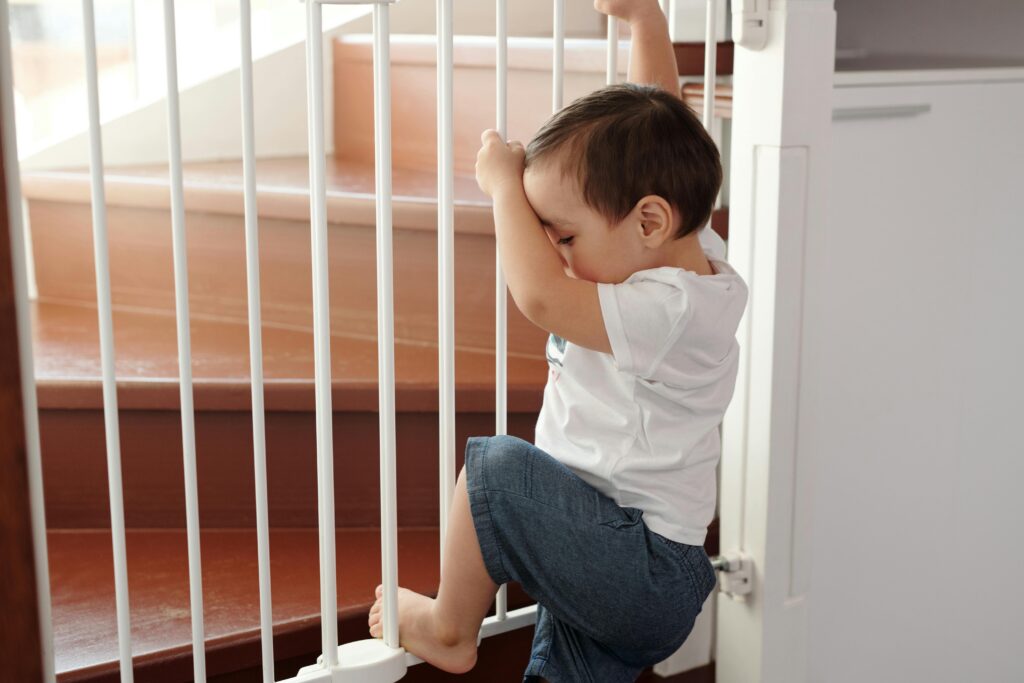
Water Safety: Ensuring a Protective Environment
Water-related accidents can occur quickly and silently. When supervising children near water, whether it’s in the bath, swimming pool, or even a bucket, never leave them unattended. Empty bathtubs and buckets immediately after use, and install barriers or safety covers around pools. Teaching children water safety rules and swimming skills can also contribute to a secure environment.
Emergency Preparedness: Being Ready for the Unexpected
As a nanny, being prepared for emergencies is essential. Familiarise yourself with the home’s emergency contacts, including the parents’ contact information, nearby hospitals, and poison control hotlines. Keep a well-stocked first aid kit readily available and ensure you know basic first aid procedures. Regularly practice emergency drills with the children, including fire escape plans.
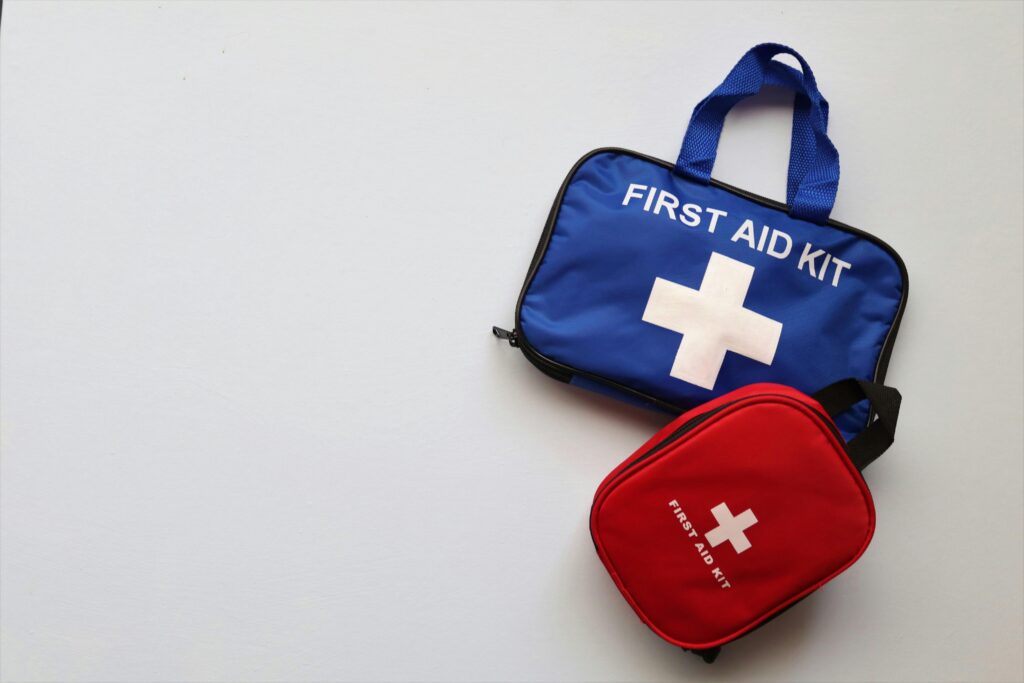
Creating a safe haven within the home is a vital responsibility for nannies. By implementing these essential home safety tips, you can significantly reduce the risk of accidents and provide a secure environment for the children you care for. However, there is always more to learn and discover in the realm of childcare safety.
Enrolling in Caring for Children offers nannies the opportunity to expand their knowledge and expertise in providing superb care to young children in private, domestic homes. In this course, you’ll gain access to a wealth of additional tips and strategies to enhance home safety, along with comprehensive lessons on recognising and responding to common childhood illnesses, fostering healthy development, and building strong relationships with both children and parents.
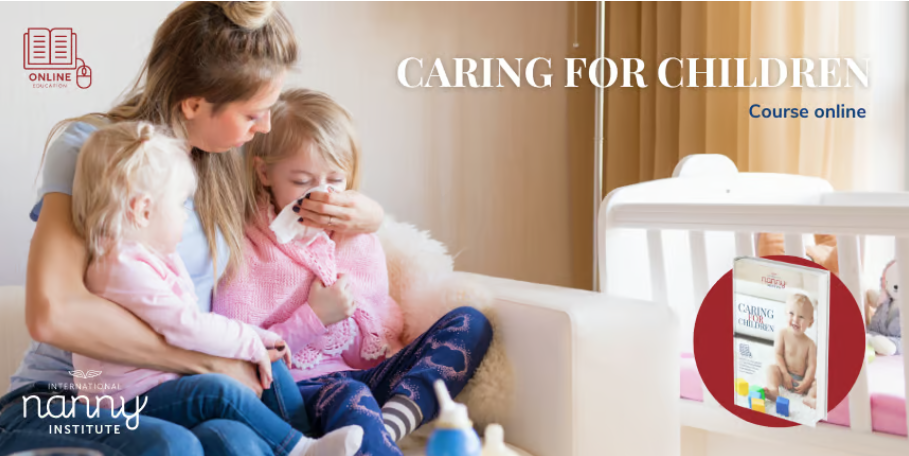
Don’t miss out on the chance to become an even more skilled and confident nanny. Enrol in Caring for Children today and unlock the secrets to creating a safe and nurturing environment where children can thrive.

